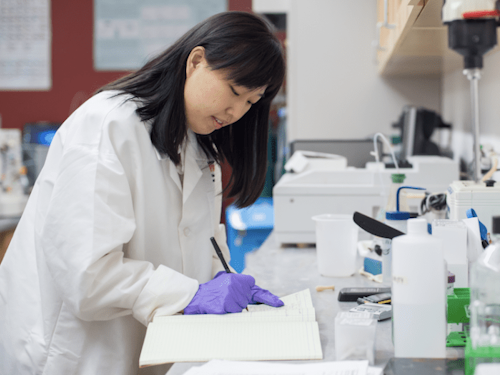Bioengineer

Image source: University of the Pacific
A bioengineer designs and develops medical devices and technologies to diagnose, monitor, and treat health conditions, applying principles of biology and engineering.
Key Responsibilities
- Designing and testing medical devices and technologies.
- Conducting research on biomedical engineering solutions.
- Collaborating with healthcare professionals and researchers.
- Ensuring compliance with regulatory standards.
- Publishing research findings in scientific journals.
Required Qualifications
- Bachelor's degree in bioengineering, biomedical engineering, or a related field (minimum).
- Master's degree or Ph.D. in bioengineering or a related field (often preferred).
Career Pathways
- Bioengineer
- Biomedical Engineer
- Research Scientist
- Medical Device Engineer
Related Organizations and Employers
- Biomedical Engineering Society: BMES
- Society for Biological Engineering: SBE
- American Institute for Medical and Biological Engineering: AIMBE
- Johns Hopkins University: Johns Hopkins Careers
- National Institutes of Health (NIH): NIH Careers
Science Careers Technology Careers Engineering Careers Mathematics Careers Medicine Careers